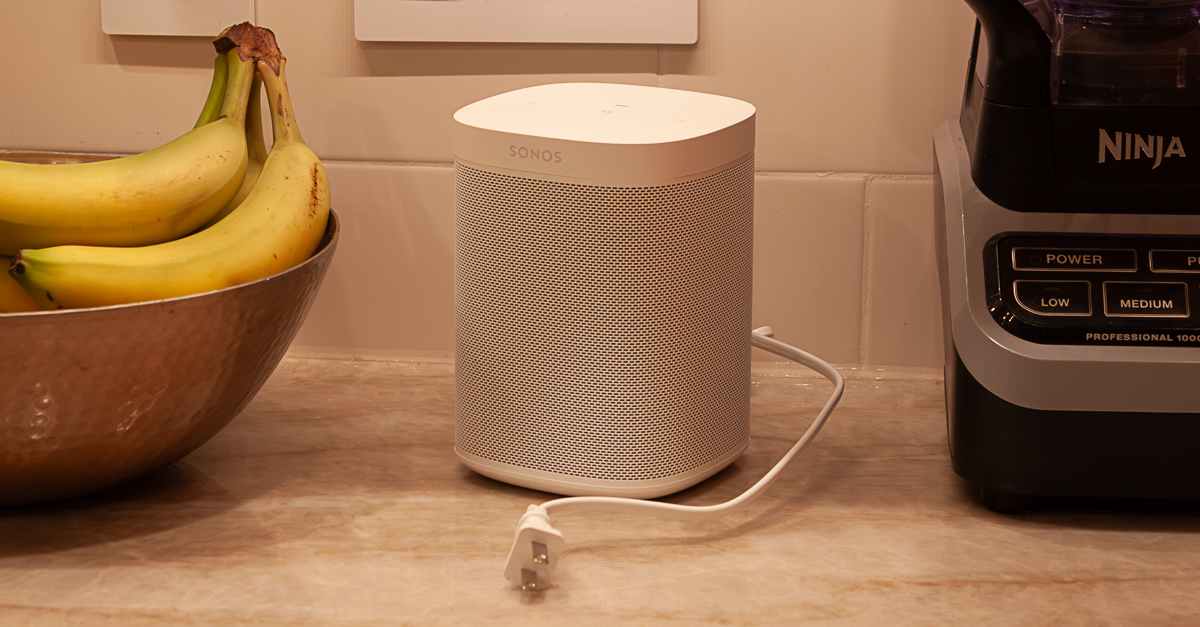Being clear on your trajectory - with yourself, your investors, and your team - determines what advice matters most. What works great with one is at best counter-productive and possibly disastrous with another.
You’re a Rocket
Your top priority is altitude. You need to gain customers and revenue as fast as possible, and you can burn just about anything in that pursuit. The focus for the main players is on how much they can change the altitude under their watch. Altitude is based on what another party thinks the company is worth going forward - which could be based on some multiple of revenue, or just unique IP or talent in the organization.
What isn’t a priority is the company’s long-term profit, stability, and sustainability - those are usually the province of the next owner. If a rocket is successful, it achieves orbit - and then it’s sold on to companies that focus on that phase. They worry about these long-term issues.
This is the classic land of Venture Capital (VC) with investors focused on making money based on the difference in company valuation between when they invested and when they can sell their shares. Other typical terms for business like this are Growth Equity or Growth Capital. The clue’s in the name - the focus is squarely on growing revenue by deploying capital injection.
Rocket Upsides go to investors because the business doesn’t typically have profit to pay out bonuses and more to employees.
If you’re happy working in a fluid, ambiguous environment and can keep your motivation up even if you miss a big swing, this type of company can be a great place - while it lasts. If you can ride the rocket to altitude, you can walk away with quite a reward - even lower down in the organization.
You’re a Jet
Your priority is how much you can carry over a distance, ideally gaining some altitude while avoiding turbulence and going the distance. From a business perspective, this is about improving margins and profit while also growing your customer base at a sustainable rate.
Investors in this space can be private and public equity, but it should be in the “buy and hold” category, not “flip,” because traditional valuation growth will be modest over a PE firm’s typical hold period.
Compared to a Rocket, you want smart revenue - profitable customers that you can keep for a long time. You also need to make smart investments in future growth - keep the product fresh, fend off new competitors, and build your champions in the market.
Most companies fit into this category - with more organization and structure than a Rocket and the ability to take risks with investments. There can be great stability as well - planes can cruise for a long time. But, you’re very unlikely to see epic upsides.
Jet upsides are split between investors and employees because the business is profitable and well defined, so performance pay plans can be more generous
For PE investments, Jets typically fit into a HoldCo (holding company) or Value Creation play. The key is that you have to either hold a company a long time to make back your investment or have an acquisition play in mind (putting two or more companies together who are worth more combined than alone).
You’re a Glider
Your priority is losing altitude as slowly as possible. You’re not likely to gain much altitude except through luck, and you know that the journey will ultimately end on the ground. Still, with talented piloting and ruthless energy management, you can push that point out a long way into the future.
Companies in this situation maximize profits by minimizing expenses. As long as you keep cutting costs faster than your revenue (altitude) drops, your business is profitable - but the journey will eventually end.
Compared to a Jet, you can only make tactical investments in your business - minor buffs to forestall the inevitable. You’re playing with the fact it takes a long time for customers to move to alternatives, and the longer a market exists, the longer it’ll take to wind down.
There are several PE firms that specialize in this market - often called a Harvest Strategy. Typically, they will group several related companies together to share resources and minimize expenses (roll-up strategy). It’s a growing section with a number of zombie SaaS products owned by people looking to retire. If you understand the goal, this can be a very profitable space to own, but it is often a difficult place to work because you’re managing the wind down over time.
Glider upsides are unpredictable - they typically focus on achieving tough financial metrics and there is rarely much incentive to keep talent.
If you can be absolutely dispassionate and focused on the goal of maximizing profit over time, you can do OK while the ride lasts.
Framing What you Read
The next time you’re reading an article on Linked In, Forbes, or what have you and the author is telling you what a successful business must be doing ask yourself: Are they talking about Rockets, Jets, or Gliders? Most don’t take the time to explain the context of their claims (after all - it rarely fits into the format they’re writing in).
By default, most writing focuses on Rockets - because they are rare, interesting, and new. The same reason you don’t see much about how the sky is still blue, water is still wet, and rocks are still hard you won’t read a lot about how Cintas continues to grow and spin off profit steadily through great execution in the boring space of facilities management.
What Fits You?
There are great jobs and great opportunity in businesses in all of these categories - but your personality, experience, and skills are probably optimized towards one of them.
- If you’re in San Francisco, have a high tolerance for risk and love the front edge then find a rocket for you.
- If you’re an optimist that likes solving challenges over time, a Jet may be just the ticket.
- If your focus is outside of work and you’ve got a good head for finance and optimization then you could do great at a Glider.




